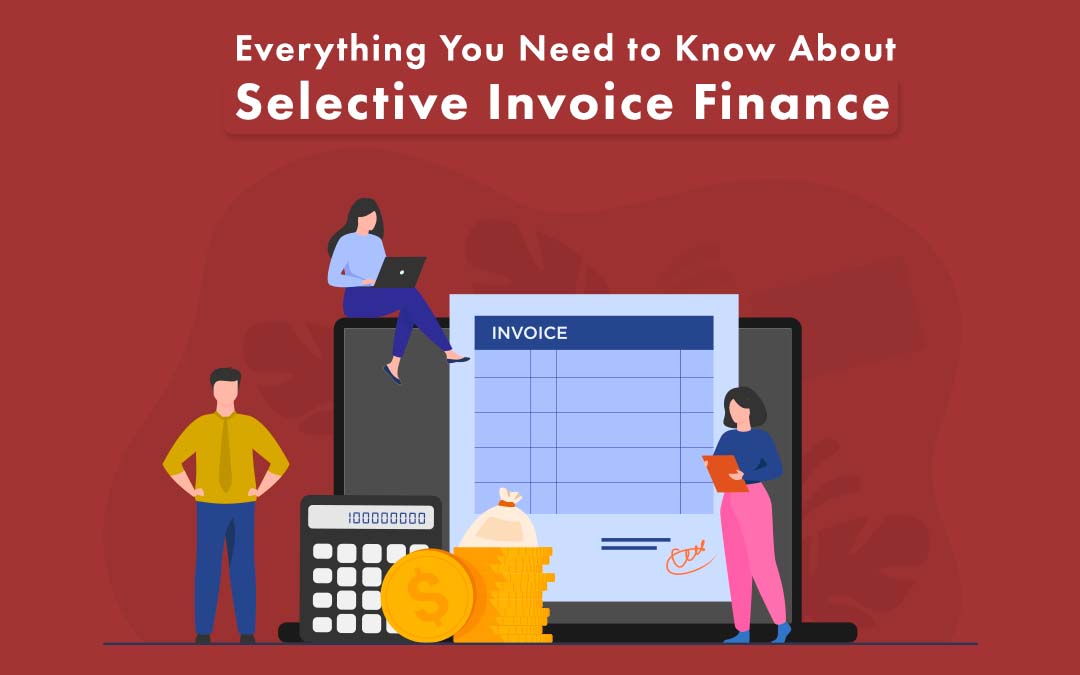Selective invoice finance covers a type of financial product that permits businesses of all shapes and sizes to access working capital from their unpaid invoices. Limiting the impact of outstanding invoices, businesses can release funds and enhance cash flow with ease, giving companies the freedom to fund operations, pay staff, settle bills and invest in new opportunities. This rids of the need to take out expensive business loans, overdrafts and other costly financial products.
How does selective invoice finance work?
When taking out selective invoice finance, the finance provider will lend the company a percentage of the value of the invoice. The percentage can be up to 95% of the invoice’s value. This will be in exchange for a fee. The amount charged to the business for this facility will depend on the provider, with all lenders offering different rates. There is also a significant focus placed on the business’ turnover, which largely dictates the fee. For this reason, using a finance broker to find selective invoice finance products is advised.
How is selective invoice finance different from invoice factoring/discounting?
The main difference between selective invoice finance and factoring/discounting is that you are not tied into long contracts. While a hugely flexible form of invoice finance, it can be an expensive way to fund your invoices. Prices vary from one provider to the next, but generally sit around 0.1 – 0.15% per day.
What are the advantages of selective invoice finance?
The list of benefits associated with this form of finance is extensive. These include:
- Selective invoice finance is available to a wide variety of businesses, from established firms to new startups.
- Businesses can access cash quickly via selective invoice finance, usually within 3 days.
- The business maintains control of its sales ledger.
What are the disadvantages of selective invoice finance?
As with any financial product, it is important that businesses know the risks and negativities assisted with this form of finance. Below are a few notes you may want to be aware of:
- This type of finance is only available on B2B (business to business) invoice.
- Due to the nature of the product, the application can be quite lengthy, with lenders wanting a lot of information about the business in order to gauge affordability.
- Different providers will offer varying rates and fees, meaning the process of finding the right funder can be tedious and lengthy if not using a brokerage.
How can a finance broker help?
When looking for any type of invoice finance, using a brokerage firm will only add value to the process. Not only can brokers negotiate the best terms on your behalf, but they can do so in an orderly fashion, meaning the application process is quicker.
If you’re in need of funds quickly and want to ensure you are lending from a reputable, credited borrower, partnering with an expert finance broker is the route to go down.
Simply Factoring Brokers, a whole-of-market finance broker, has been helping businesses of all sizes and industries access the right finance products for many years. To discuss your requirements with one of the business’ many highly-regarded brokers, contact them on 0333 920 8178 today.
Author: Steven Adams
We are a leading Reverse Factoring & Simply factoring brokers who work with more than 20 of the leading commercial finance funders.



